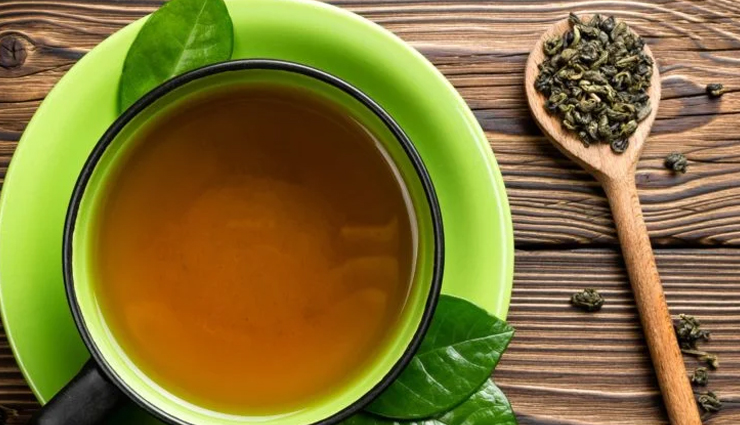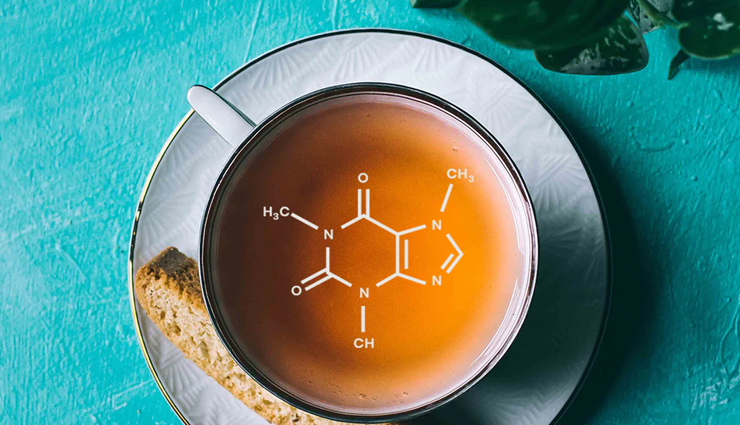6 Least Known Side Effects of Sipping Too Much Green Tea


Although green tea carries less caffeine than other teas still, it does contain caffeine after all. So, if you consume it excessively, say more than 3-5 cups, caffeine can interfere with the normal functioning of your nervous system and cause a mineral overdose.
It can also lead to caffeine intolerance so you may need to increase your intake of caffeine to have same effects as earlier. Moreover, too much of caffeine can cause restlessness, heart palpitations, irritability, inability to sleep, loss of appetite and various other disorders.
You should take special care while consuming green tea if you have a sensitive stomach. The compounds in green tea are known to cause gastroenteritis troubles inside the stomach by increasing the production of gastric acid inside the body. This may lead to stomach ache, diarrhea, irritable bowel syndrome, constipation and other gut-related disorders.
So, you should avoid taking caffeine on an empty stomach or before meals. If you frequently experience stomach aches after green tea, you can try adding milk and sugar which can reduce its intensity.
Green tea, if taken on an empty stomach, can induce toxicity in stomach or liver. This latest research on dogs shows that green tea extracts given during empty stomach conditions caused liver, gastrointestinal, and renal, toxicities.
Although these results are yet to be replicated in humans, we still need to take necessary precautions. Moreover, green tea on an empty stomach in humans also can induce nausea, vomiting, diarrhea if taken in excess amounts or as a substitute for proper breakfast.
This is perhaps the most dangerous effect of green tea as unknowingly people can start drinking green tea without checking its compatibility with the ongoing medicines and drugs. Phenophyls in green tea can react with certain chemicals and medical drugs. These are highly reactive with drugs like nicotine, cocaine, amphetamines, and ephedrine.
They can also react with birth control pills, estrogen pills, depression medication, and other conventional medicines. So you should consult your doctor before starting green tea consumption to avoid any complication due to the reaction.
Green tea compounds (catechins) often inhibit the iron absorption process inside the body. This may lead to a reduction in the formation of red blood cells. RBCs carry an important function of transporting oxygen to different organs via hemoglobin in the blood. Less number of RBCs and hemoglobin in the blood can lead to a disease called anemia.
Moreover, if a person is already suffering from anemia, he can find his condition worsen after consuming green tea. To take green tea without this effect, limit the amount of green tea and remember to take iron rich foods with your diet. Also, consume foods rich in Vitamin C which can increase the absorption of iron in your body.
A pregnant woman should take special care while consuming green tea. They should limit the amount of green tea to maximum two cups a day (about 200 mg caffeine). Green tea contains catechins, caffeine, and tannic acid which can lead to pregnancy risks and miscarriages.
Especially during early pregnancy, one should completely avoid green tea as excessive amounts may result in neural tube birth defect in babies Even after the baby is born, they should avoid taking excessive green tea until the time of breastfeeding.